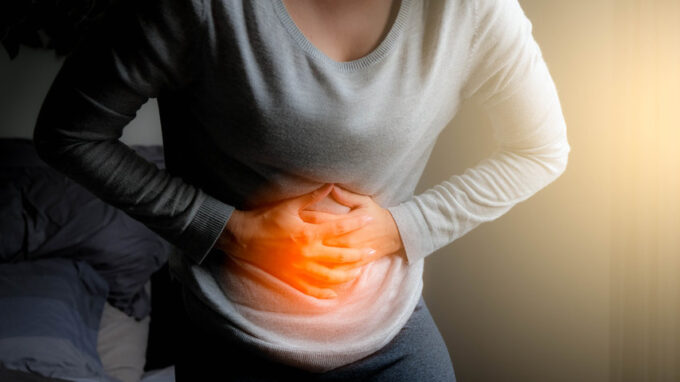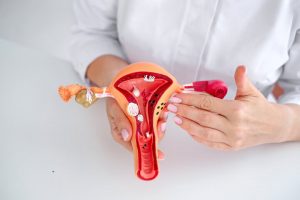Researchers at the University of Queensland have shown that endometriosis and irritable bowel syndrome (IBS) share common genetic risk factors, explaining why patients with one condition may also have the other.
Women With Endometriosis are Twice as Likely to Develop Irritable Bowel Syndrome
Professor Grant Montgomery and Dr. Sally Mortlock from the UQ Institute for Molecular Biosciences found a significant association between the risk of endometriosis and common gastrointestinal disorders such as IBS, peptic ulcer disease (PUD), and gastroesophageal reflux disease (GORD). It can be difficult for those affected to determine the cause of their pain, which can lead to confusion or misdiagnosis and years of delays in treatment. During this time, endometriosis can develop into a more severe condition. Endometriosis should be considered as a possible cause when a woman visits her primary care physician with abdominal pain and gastrointestinal symptoms. “This genetic finding supports the clinical observation that women with endometriosis are more likely to have gastrointestinal disorders,” said Professor Montgomery. “We hope this study will raise awareness of the overlap between these conditions.”
Endometriosis is a serious condition that affects about one in seven women and is characterized by tissue similar to the lining of the uterus beginning to grow outside the uterus. Women with endometriosis are twice as likely to develop IBS as women without the condition and 1.4 times more likely to develop GORD. Around 10 to 20 percent of all people suffer from irritable bowel syndrome. This usually manifests itself in abdominal pain, bloating, changes in bowel movements (diarrhea and/or constipation), and general discomfort. “Those affected often have difficulty determining the cause of their pain, which can lead to confusion or misdiagnosis and years of delays in treatment, during which time the endometriosis can progress to a more severe condition,” said Professor Montgomery.
Endometriosis can also cause severe abdominal pain, pain during sexual intercourse, nausea, vomiting, or diarrhea. Endometriosis should be considered as a possible cause when a woman visits her primary care physician with abdominal pain and gastrointestinal symptoms. “As our knowledge of the risk factors for endometriosis increases, we hope to gain a better understanding of the development of the disease and improve treatment and diagnosis,” said Montgomery.





